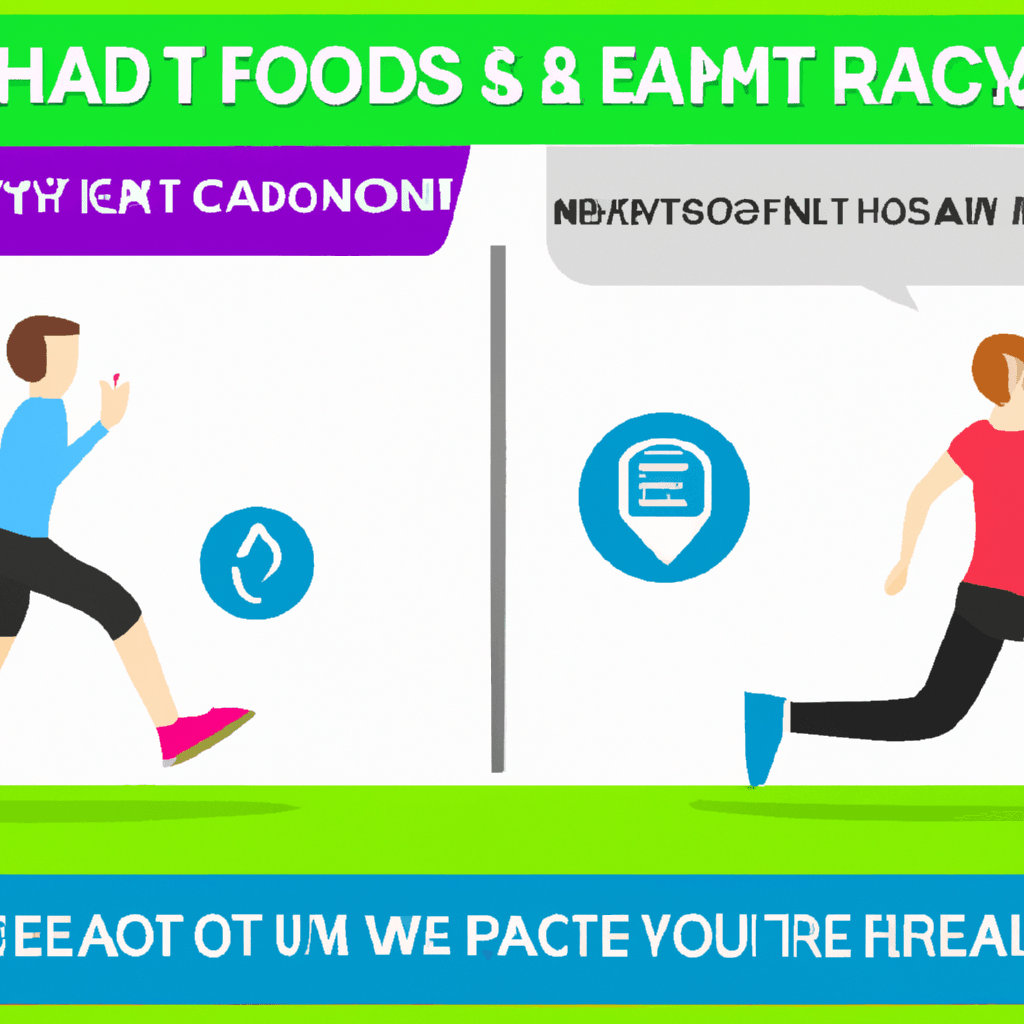The Truth About Fasted Cardio for Weight Loss
Fasted cardio has been a popular topic in the fitness world for years. Many people believe that doing cardio on an empty stomach can help them burn more fat and lose weight faster. But is there any truth to this claim? Let’s take a closer look.
What is Fasted Cardio?
Fasted cardio is simply doing cardio exercise, such as running, cycling, or swimming, on an empty stomach. The idea behind fasted cardio is that when you haven’t eaten for several hours, your body will burn stored fat for fuel instead of the food you’ve just consumed.
Does Fasted Cardio Really Help with Weight Loss?
While it is true that doing cardio on an empty stomach may increase the amount of fat burned during the workout, the overall impact on weight loss is minimal. The most important factor in weight loss is creating a calorie deficit, which means burning more calories than you consume. Whether you do cardio fasted or not, if you’re not in a calorie deficit, you won’t lose weight.
Are There Any Benefits to Fasted Cardio?
Some people find that doing fasted cardio helps them feel more energized and focused during their workout. It can also be convenient for those who prefer to exercise first thing in the morning before breakfast.
However, there are also potential downsides to fasted cardio. Working out on an empty stomach can lead to decreased performance and stamina, making it harder to push yourself during your workout. It can also increase the risk of muscle breakdown, as your body may turn to muscle tissue for energy if it doesn’t have enough glycogen stores.
Tips for Safe and Effective Fasted Cardio
- Stay hydrated: Drinking water before and during your fasted cardio workout can help prevent dehydration and support optimal performance.
- Start slow: If you’re new to fasted cardio, ease into it gradually to allow your body to adjust. Start with shorter workouts and gradually increase the intensity and duration.
- Listen to your body: Pay attention to how you feel during and after your fasted cardio sessions. If you’re feeling weak, dizzy, or lightheaded, it may be a sign that fasted cardio isn’t right for you.
- Refuel after your workout: To support muscle recovery and replenish energy stores, be sure to eat a nutritious meal or snack after your fasted cardio session.
Conclusion
While fasted cardio may have some benefits for certain individuals, it is not a magic solution for weight loss. The most important factors in achieving and maintaining a healthy weight are a balanced diet, regular exercise, and consistency. If you enjoy doing fasted cardio and it works for you, that’s great. But if not, don’t feel pressured to follow this trend. Find what works best for your body and lifestyle, and stick with it for long-term success.
